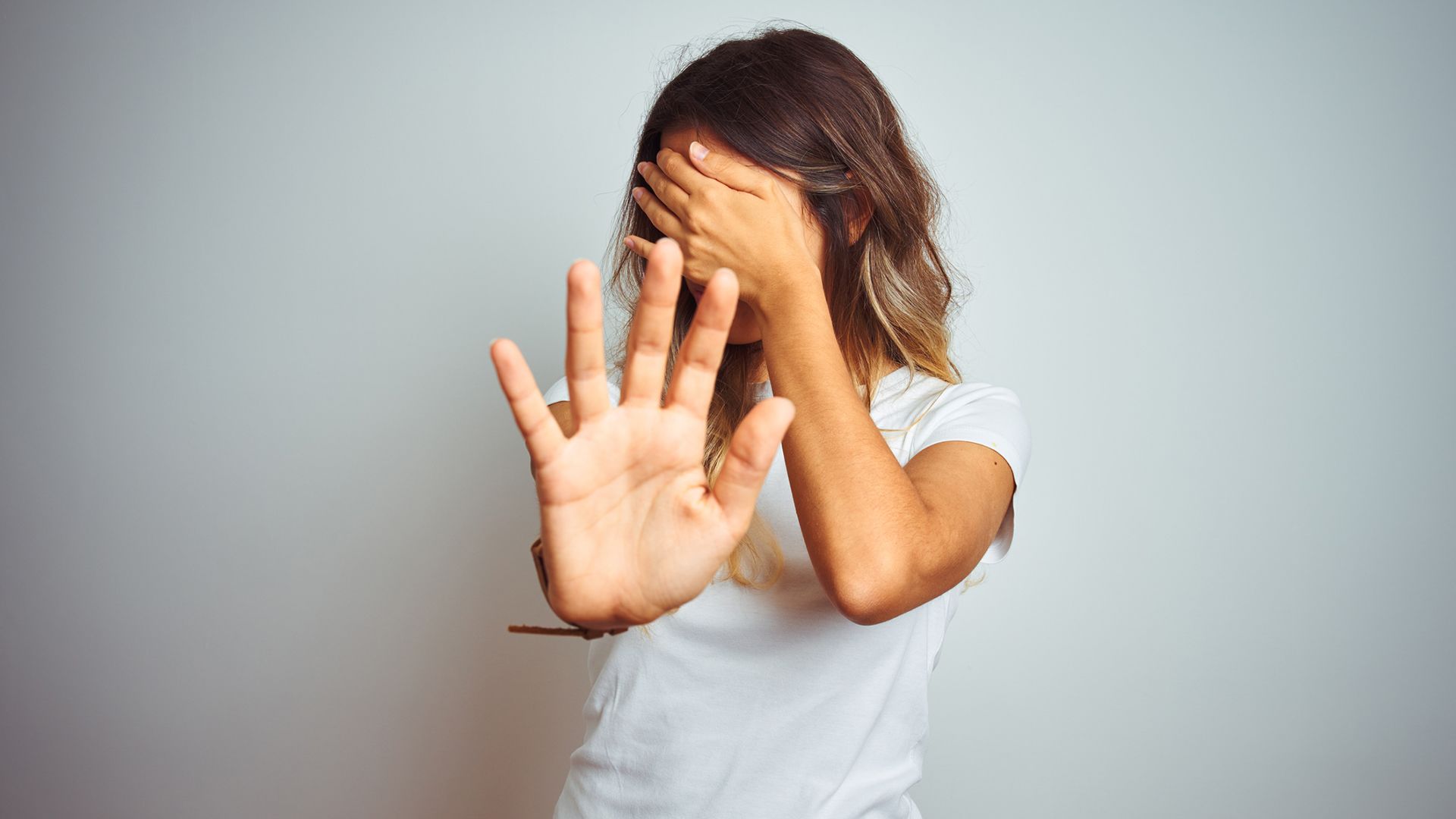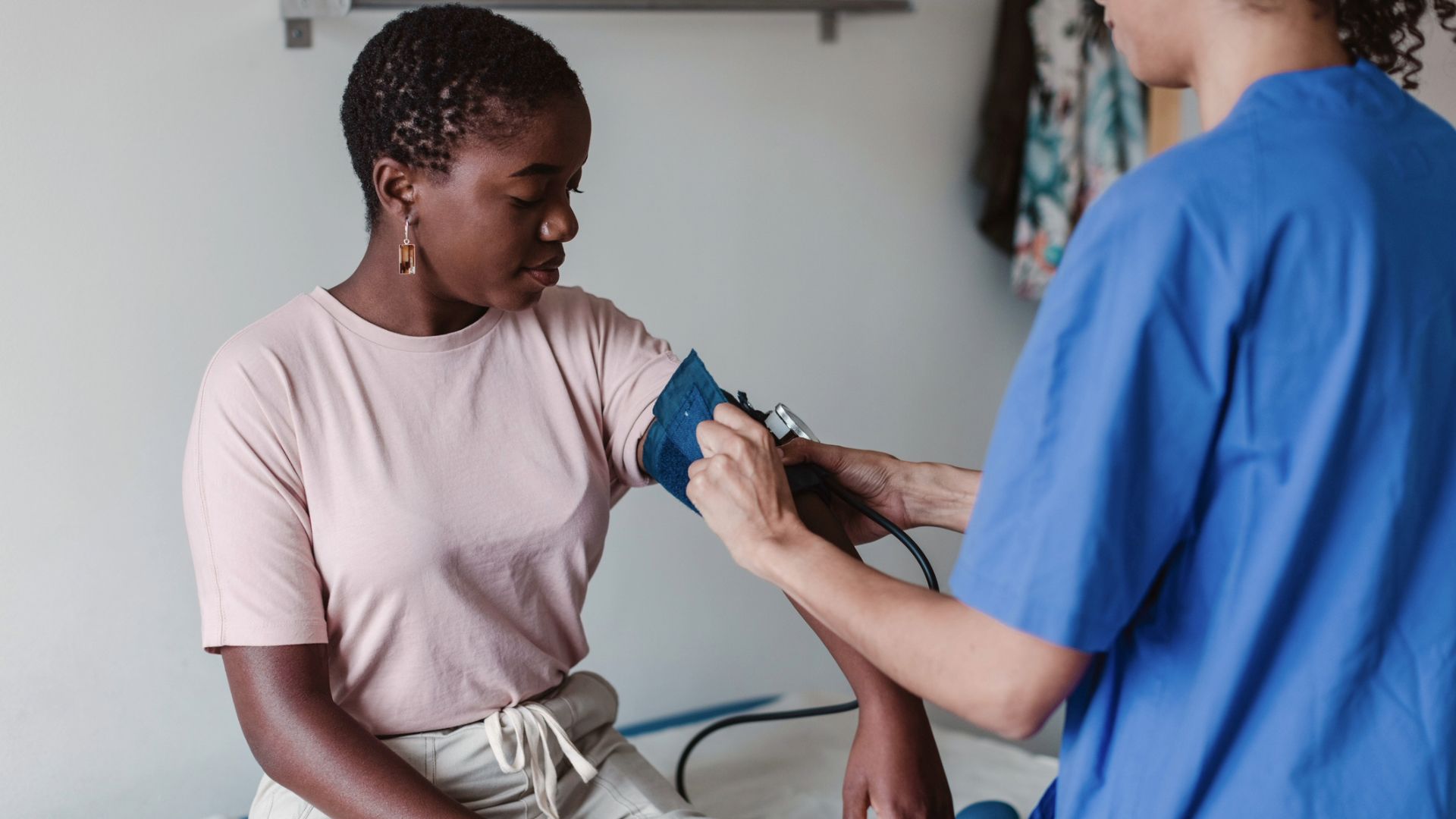Though exact statistics are difficult to pin down, research suggests that a significant percentage of people with plaque psoriasis experience genital psoriasis. Genital psoriasis is when psoriasis symptoms appear on the skin of the genitals and the skin surrounding the genitals. This can include the vagina, penis, scrotum, pubis, anus, the upper thighs, the creases between the buttocks and the creases between the groin and thighs. Genital psoriasis typically manifests as something called inverse psoriasis, which causes smooth, shiny, bright red lesions. But it can manifest as other symptoms as well.
Genital psoriasis is caused by the same underlying autoimmune condition as other forms of psoriasis, and while there is no cure, there are treatments available that can reduce symptoms and improve the appearance of the skin. However, there are a number of additional challenges that come with treating genital psoriasis.
Irritation
Unfortunately, the areas of the body that are affected by genital psoriasis are exposed to a number of factors that can further irritate skin lesions. Friction and dampness from sweating can make inverse psoriasis symptoms worse, and these areas of the body tend to be prone to both. Skin-on-skin contact is unavoidable on certain parts of the body—such as at the fold between the groin and thighs, and between the buttocks—which means the skin can be consistently irritated without a chance to properly heal. Tight-fitting clothing, feces, urine and toilet paper (especially rough toilet paper) are all known to cause irritation. Friction and sweating during exercise can aggravate symptoms. Sex is also reported to aggravate symptoms.
Sensitive skin
The skin on and around the genitals is thinner and more sensitive than other areas on the body, which means that special care must be taken with certain treatments. Corticosteroids are a topical treatment that reduces inflammation and helps slow the production of skin cells, and are an effective treatment for many cases of psoriasis. However, long-term use of corticosteroids can cause the skin to become thinner, and strong doses of corticosteroids are not safe to use on areas of the body where the skin is already thin. UV light therapy shouldn’t be used on genital psoriasis except in special cases, since the skin or the genitals is easily sunburned, and exposure to ultraviolet light may increase the risk of skin cancer on the genitals.
Embarrassment
For some, the biggest challenge of treating genital psoriasis is speaking to a healthcare provider about their symptoms. One study, conducted by the Dutch Psoriasis Society, found that nearly half of the participants experiencing severe genital psoriasis symptoms had not discussed these symptoms with a healthcare provider. Many patients are embarrassed about the condition, and genital psoriasis is known to have a significant negative impact on quality of life, including relationships, social life and sex.
While talking about genital psoriasis may seem embarrassing, your healthcare provider is there to help you. While having the conversation may be a difficult emotional hurdle, keep in mind that there are treatments available that can help you manage the physical symptoms and emotional burden of the condition.





